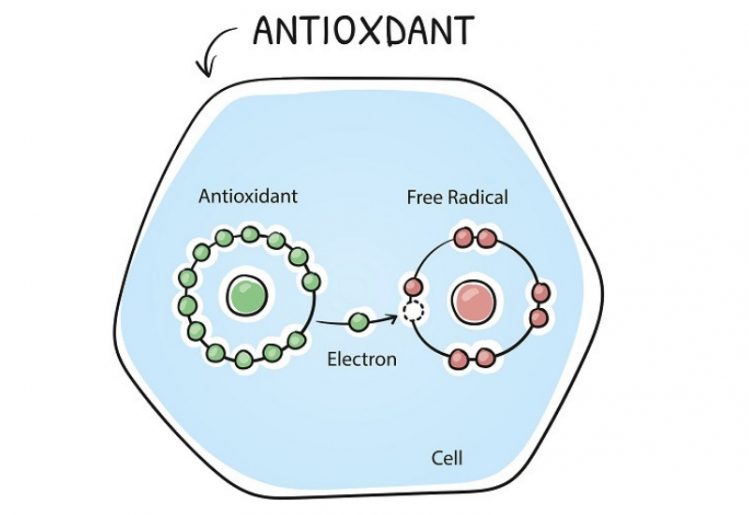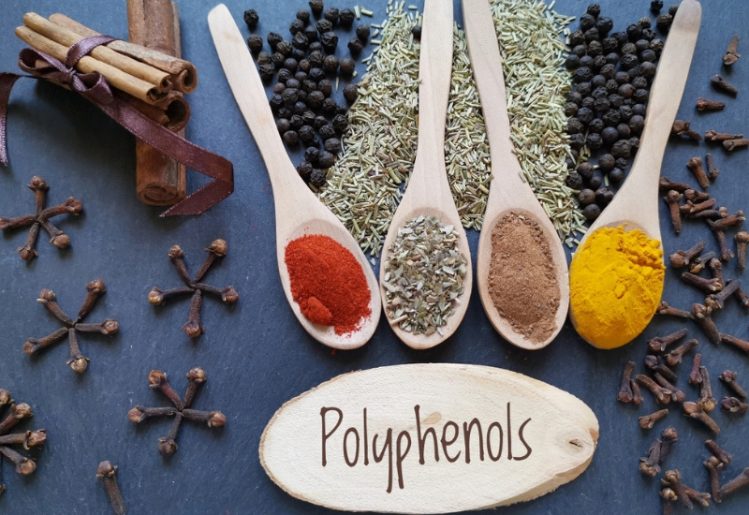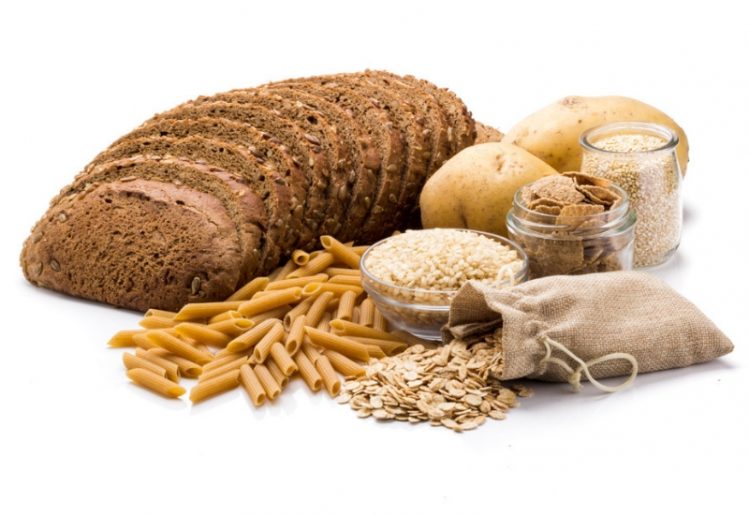There are as many as 30.2 million people in the United States who suffer from diabetes, some of whom are living with the condition but have not yet been diagnosed. This number continues to rise year by year in spite of efforts to educate people about the importance of watching blood glucose levels. Unfortunately, sugar and blood-sugar-spiking refined carbs are ubiquitous in the typical Western diet. Now, new research confirms that even naturally sweet drinks boost diabetes risk.
What is Type 2 Diabetes?
 Diabetes can present itself in one of two ways. First, there may constantly be too much glucose, or sugar, in your blood supply, hindering the ability of the hormone insulin to push enough of it to your body’s cells for consumption and conversion into energy. This is known as type 2 diabetes. Alternately, your body may not be producing enough insulin — if any at all — to process the glucose in your blood. When your pancreas does not produce enough insulin, the condition is known as type 1 diabetes. In either case, the sugar in your blood is not being properly processed by your body’s cells.
Diabetes can present itself in one of two ways. First, there may constantly be too much glucose, or sugar, in your blood supply, hindering the ability of the hormone insulin to push enough of it to your body’s cells for consumption and conversion into energy. This is known as type 2 diabetes. Alternately, your body may not be producing enough insulin — if any at all — to process the glucose in your blood. When your pancreas does not produce enough insulin, the condition is known as type 1 diabetes. In either case, the sugar in your blood is not being properly processed by your body’s cells.
Diabetes Risk Factors and Treatment
While there is no one underlying cause for type 2 diabetes, researchers are getting closer to understanding its mechanism of action and there are several factors that raise your risk of developing the condition. They include:
- obesity, or being overweight
- history of diabetes in the family
- low HDL (good cholesterol) levels, or those that drop below 40-50 mg/dL
- hypertension
- being 45 years of age or older
- living a physically inactive lifestyle
In some cases, diabetics may be prescribed medications to help maintain optimal insulin levels, but it’s still necessary for them to monitor blood sugar levels. This means recognizing that sugary drinks, foods high in carbohydrates and other dietary hazards can cause your blood sugar levels to spike and remain high. Since there is no cure for type 2 diabetes, controlling both insulin levels and blood glucose levels is essential to maintaining good health.
A New Study Finds Naturally Sweet Drinks Boost Diabetes Risk
We have known for quite a long time that artificially sweetened drinks, such as soda and iced tea, cause blood sugar levels to rise. It has previously been assumed that naturally sweetened beverages, such as juices with 100 percent fruit juice and no added sugars, are safer for those with a risk of diabetes. However, new research indicates that naturally sweet drinks boost diabetes risks as well, disproving the myth that certain sugars are safe.
A joint study conducted at Boston’s Harvard T. H. Chan School of Public Health and at China’s Fudan University recently found that any type of sugar can negatively impact blood sugar levels. This includes the refined sugar added to soda, artificial sweeteners used in diet soft drinks and the natural sugar present in fruit juices. The researchers also noted that the increased risk that these beverages cause can be counteracted by switching to unsweetened coffee, tea or water.
The researchers examined sugar consumption among 76,531 women and 34,224 men across a 26-year period. The subjects were asked to fill out questionnaires about their dietary practices, including their consumption of sugary drinks. This enabled the research team to measure sugar consumption and also account for any changes in sugar consumption levels over the course of the study.
The researchers found that a 4 percent increase in sugar intake across a four-year span resulted in a 16 percent increased risk of developing type 2 diabetes within that same time frame. The increased risk was the same whether subjects consumed soft drinks with added sugar, or naturally sweet fruit juices with no added sugars. Subjects who increased their consumption of artificially sweetened diet soft drinks over the same period had their risk of developing diabetes increased by 18 percent.
The researchers also found that minimal changes in sugar consumption could mitigate the risks of developing type 2 diabetes. They recommend that replacing just one sugary drink with water or unsweetened tea can lower your risks of developing diabetes by up to 10 percent. Obviously, reducing your sugar consumption further will result in an even lower risk of developing type 2 diabetes, but starting slow will still provide benefits in terms of lowering your risks.
Natural Ways to Keep Blood Sugar Levels Low
Drink More Water
 When you drink more water, you’ll alternatively be drinking fewer sweetened beverages, which helps you maintain healthy blood sugar levels right off the bat. Additionally, you’ll feel fuller, so you’ll eat less and consume fewer calories. Some research has shown that drinking more water can lower your body’s insulin resistance, keep fasting blood glucose levels low and better regulate insulin levels.
When you drink more water, you’ll alternatively be drinking fewer sweetened beverages, which helps you maintain healthy blood sugar levels right off the bat. Additionally, you’ll feel fuller, so you’ll eat less and consume fewer calories. Some research has shown that drinking more water can lower your body’s insulin resistance, keep fasting blood glucose levels low and better regulate insulin levels.
Take a Supplement
Diabetichron is a specially formulated dietary supplement that uses specific vitamins and minerals to help your body to maintain healthy blood glucose levels within normal ranges. Some of these nutrients include vitamins C and E, calcium, chromium and a range of natural plant extracts, all of which help the body to maintain healthy insulin and blood sugar levels.
Get More Physical Activity
Exercising helps you burn more fat cells, which may be negatively impacting your body’s response to insulin. As you lose weight, you’ll increase your body’s insulin sensitivity and that will help your body burn more sugar and make it easier for insulin to push sugar within the blood to the cells. This cycle can be enhanced by engaging in a number of different activities that will work out a broad range of muscle groups. Swimming, weight lifting, hiking and bicycling are just a few of the exercises you can try.
 It’s believed that Parkinson’s is the result of low dopamine levels in the brain, which eventually causes nerve cells to die off. Dopamine has been identified as the neurotransmitter responsible for communicating messages that control coordination and physical movement. As neurotransmitter levels drop, the affected individual finds it more difficult to control their movements. They may also notice a stiffening of the muscles.
It’s believed that Parkinson’s is the result of low dopamine levels in the brain, which eventually causes nerve cells to die off. Dopamine has been identified as the neurotransmitter responsible for communicating messages that control coordination and physical movement. As neurotransmitter levels drop, the affected individual finds it more difficult to control their movements. They may also notice a stiffening of the muscles. Additional research has found that
Additional research has found that  The threats to human health posed by an overabundance of free radicals are well known. Fortunately, compounds called antioxidants inhibit oxidation by lending an electron to a free radical without causing another odd electron count. This means an equal number of antioxidants can help negate the harmful effects that free radicals may have on the body.
The threats to human health posed by an overabundance of free radicals are well known. Fortunately, compounds called antioxidants inhibit oxidation by lending an electron to a free radical without causing another odd electron count. This means an equal number of antioxidants can help negate the harmful effects that free radicals may have on the body. The most
The most  The power of superfruits to boost immunity may help stave off illness and help the body recover faster from injuries by providing the body with antioxidant-rich compounds that are called polyphenols. Polyphenols (
The power of superfruits to boost immunity may help stave off illness and help the body recover faster from injuries by providing the body with antioxidant-rich compounds that are called polyphenols. Polyphenols ( Cherries: While there are a few different types of cherries, they have all been shown effective in reducing the risks of degenerative diseases in seniors.
Cherries: While there are a few different types of cherries, they have all been shown effective in reducing the risks of degenerative diseases in seniors. In a recent study, conducted at New York’s Columbia University, it was found that refined carbohydrates contributed toward insomnia in women aged 50 and over. Insomnia was especially common when the refined carbohydrates had high sugar content.
In a recent study, conducted at New York’s Columbia University, it was found that refined carbohydrates contributed toward insomnia in women aged 50 and over. Insomnia was especially common when the refined carbohydrates had high sugar content. You should avoid sugary drinks as much as possible, because these are the worst culprits for
You should avoid sugary drinks as much as possible, because these are the worst culprits for 

